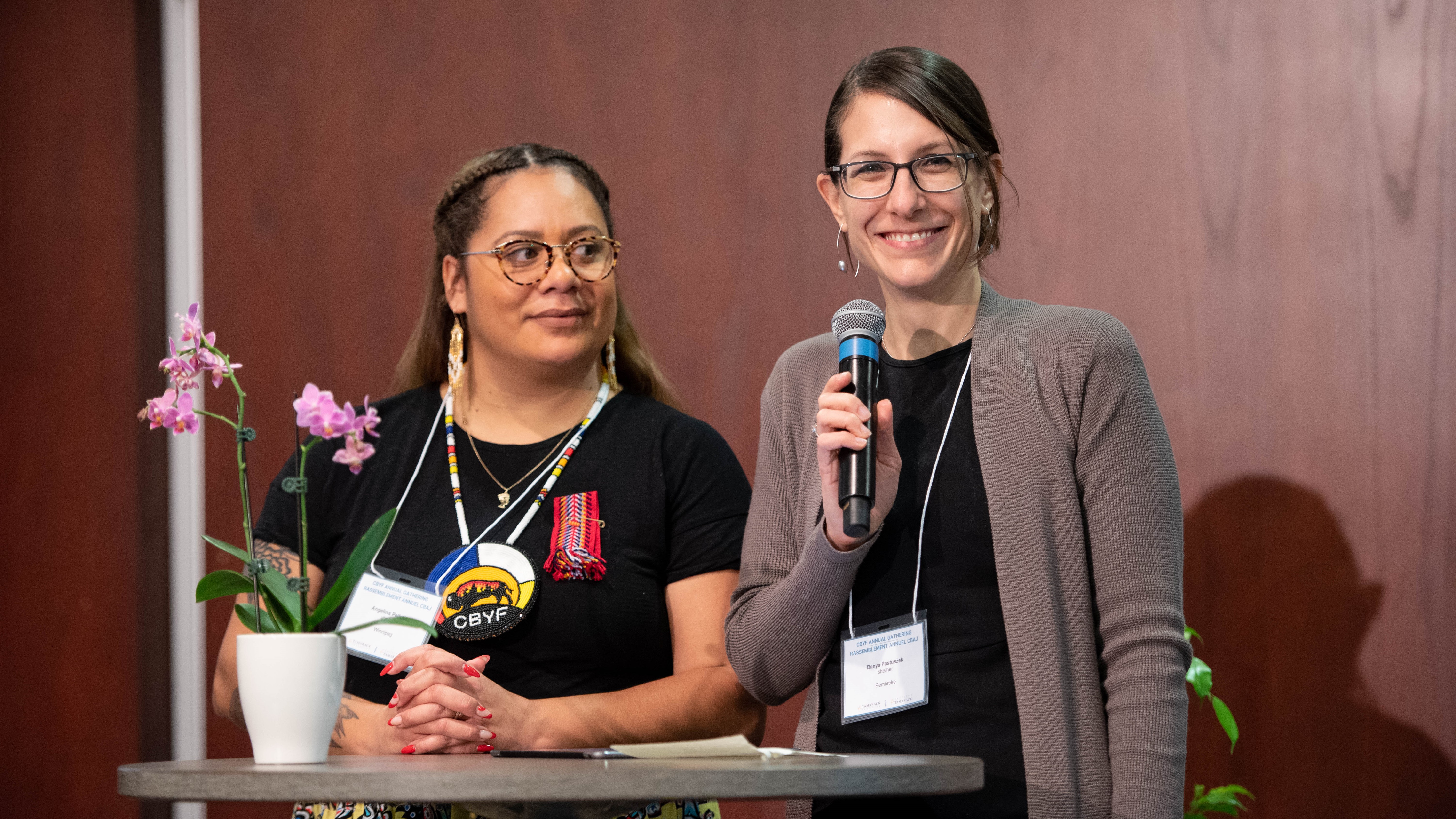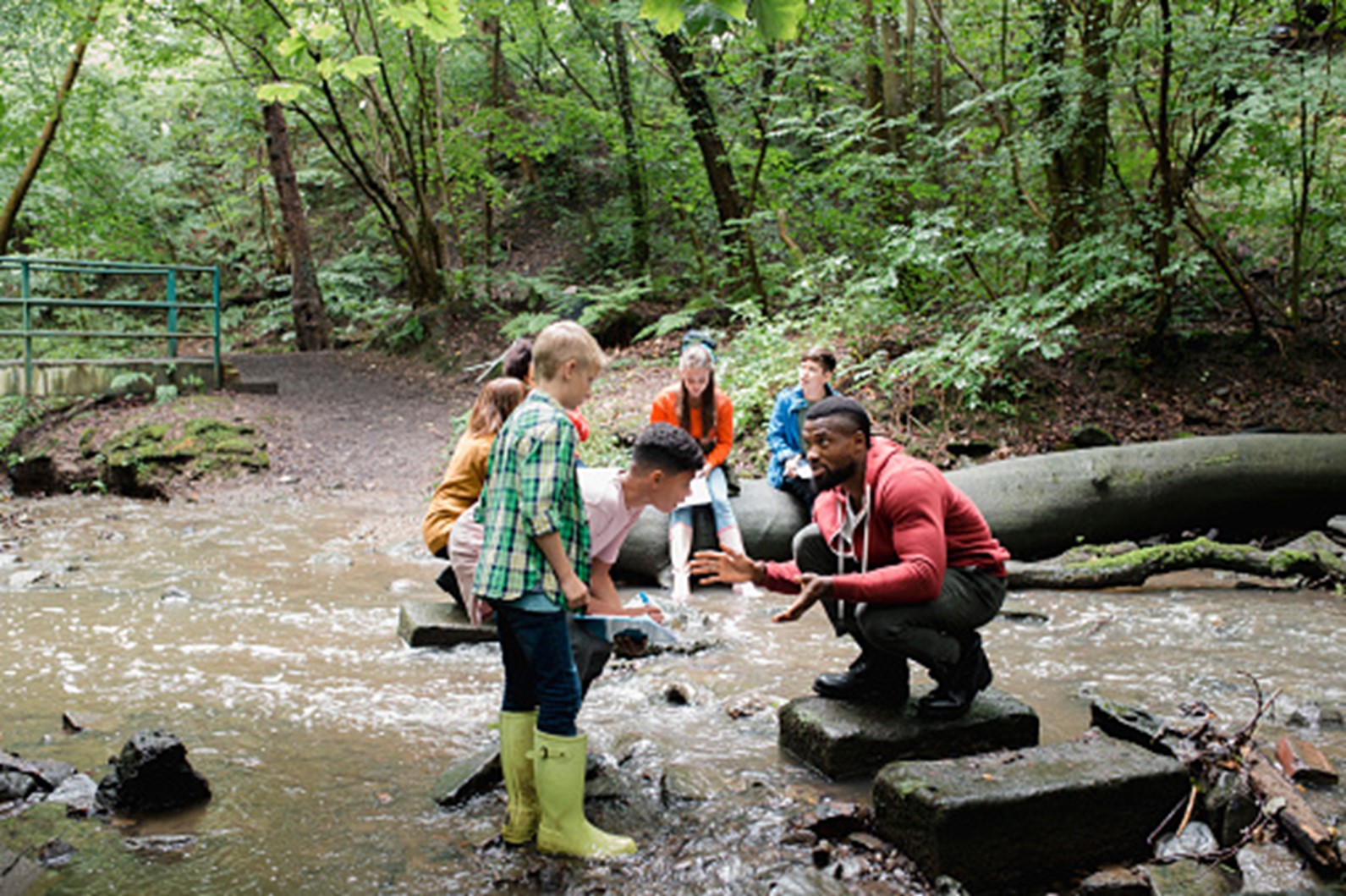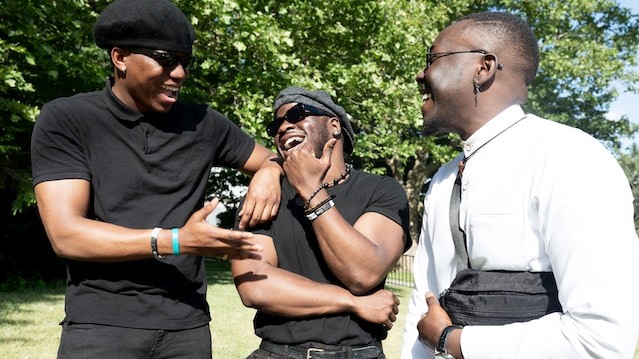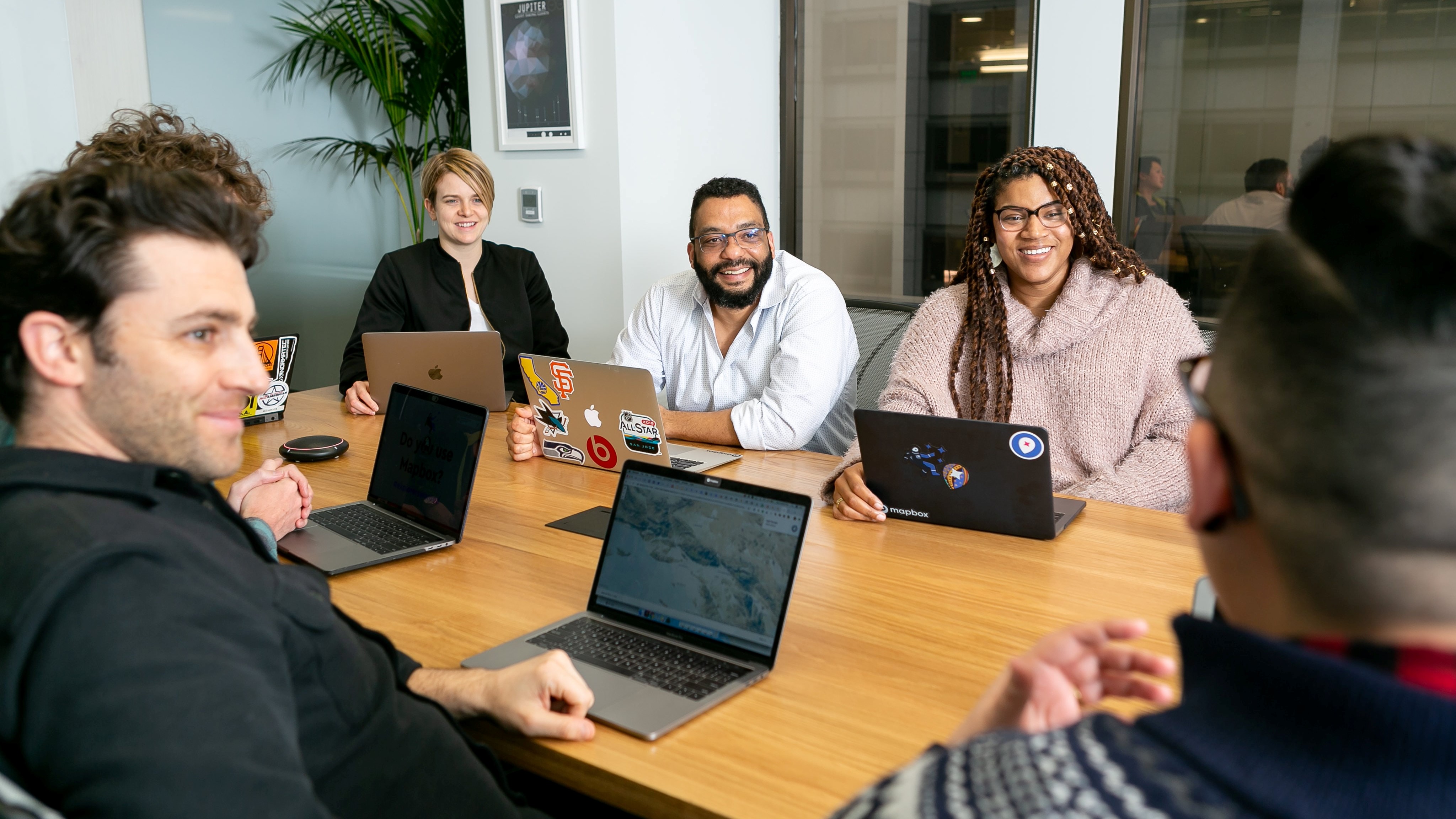This resource is also available in French. Click here to access the French version.
Many people think that the development of intercultural competence is not relevant to them because they “are open to cultural differences”, they have “lived abroad or travelled”, they “speak more than one language”, they have “friends from different ethnic or cultural groups”, or they are “part of a minority group themselves”. As these experiences do support the development of intercultural competence to varying degrees, stereotypes and prejudices are embedded in us from growing up, which can affect how we treat and engage with others, even without realizing it – so think again. Regardless of your past experiences, the development of intercultural competence is a lifelong process that everyone should engage in, despite the lack of comfortability it may bring.
Read More







